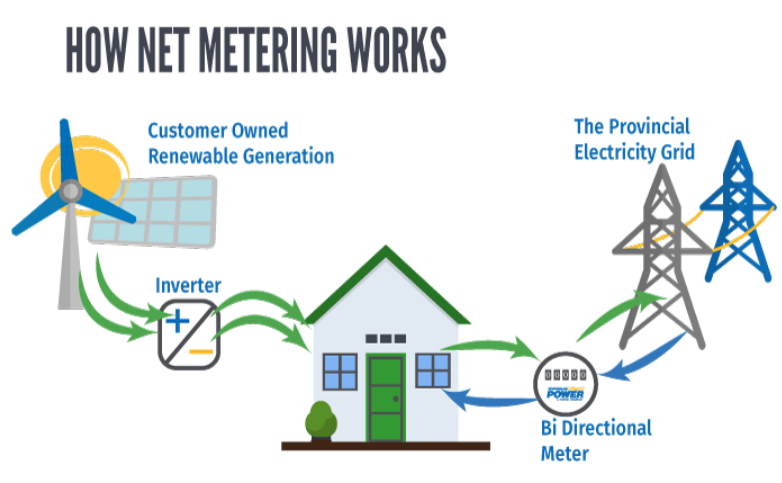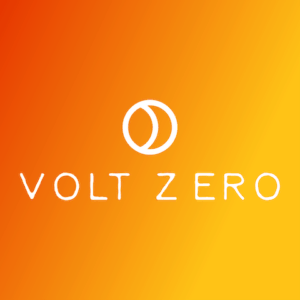“How to quickly decide if solar is a fit and just do it”. The best approach is, to begin with, a simple Yes/No process. If you are a fit for Solar, keep going to the next step. If you are not a
Before you jump in and start checking out solar, save yourself time and effort by following this quick yes/no/maybe process. I’ll admit, I do like to learn and figure stuff out to make it faster and simpler, and better. It must be my engineering background. So, let’s start….
Right now, when you click on that advertising link for one of the many websites on solar, you will either get a spiel to go solar this year before the tax credit goes down next year, or it is the best thing since making solar sliced bread, or be green or lose the planet, or solar costs have dropped so the time to buy is right now, etc., etc. These are all true statements, but you may not be a fit.
You can also research solar and get lost in a morass of detail about panel types, inverters, batteries, power company requirements for net metering, HOA restrictions, mounting techniques, roof/home inspections, possible savings, solar azimuth calculations, installer evaluations, costs, needs requirements, etc., etc. Then, after weeks, like me, you start trying to decide what to do by wading through a pile of data, when the decision was more obvious in the beginning.
So, in that sense, this is my redo, or “How to quickly decide if solar is a fit and just do it”. The best approach is, to begin with, a simple Yes/No process. If you are a fit for Solar, keep going to the next step. If you are not a fit, then there is no need to look further. If you are a maybe, then you need to do more research or get some expert help. Normally, that help is available once you sign a contract, so making a decision to install Solar at Steps 2 and 3 is very important.
QUESTION 1: Your home, is it a candidate for Solar?
Do you have sufficient south facing roof area (over 300 sqft)? Are there shade issues from trees or other structures? Take a look at 9:00 am, 12 noon, and 3:00 pm. Will Summer and Winter make much difference in roof sun coverage?
In many cases this is a Yes/No. If it is maybe, then you will need an assessment. You may have to cut trees or add more panels for west and east facing roof areas to make this a Yes.
Is your roof in good shape? Generally, you should not install solar if your roof will need replacement within 10-15 years? If so, you need to plan for replacement first.
This is a Yes/No in most cases of Asphalt singles, or concrete tiles. Metal roofs, especially Standing Seam roofs are excellent for Solar.
The actual home roof structure has to support the solar system weight, and the wind load.
Most homes should be okay unless you live in a hurricane area with increased code requirements for permitting. Regardless, this will be checked by more experienced people if you proceed. So, let’s first keep looking to see if you are a fit.
Check HOA restrictions and County/City permit requirements. A quick call can help on this issue.
If the roof has more than 10-15 years of life, and has good south facing exposure with enough area, and can handle the load, that is not too steep, then you could be a fit. There are still some unknowns, but you are good to go to the Next Step.
QUESTION 2: What were your Electrical Energy Costs for the past 12 Months?
This is needed to determine the payback time-frame. Check your bills, go online to download, or call your energy provider for this information.
(1) Average Energy Use, in KW-HRS
(2) Peak Energy Use, in KW-HRS (High Month)
(3) Average Cost of Energy Billed per Month, in $: In general, if over $200 per month you could be a good fit. If under $100 per month your payback could be too long. In between you might be a Maybe.
(4) Divide Average Cost of Energy ($), by, Average Energy Use (KW-HRS) = $/KW-HRS: In general, if your average is greater than $0.10/KW-HR then you could be a good fit especially with “Net Metering”. Or, if you are below $0.05/KW-HR, then your costs are low and your solar investment payback will be long, and less financially justified. In between, you might be a Maybe.
Your actual payback can be important to you for a strictly financial justification. The next section on NetMetering is important to help answer the payback question.
QUESTION 3: Does your State/Utility allow “net metering”?
Net metering, if it is available is a very efficient way (for the homeowner) to use Solar. You produce the Maximum Solar electrical energy you can, and excess electrical energy goes into the grid. This could offset any Electrical Energy you need when you are not generating Solar. Very sweet!!

If “Net Metering” is allowed, then you could have an excellent payback if other criteria are met. Actually, you are a great candidate for Solar.
If “Net Metering” is not allowed, then you will likely have a long payback and may need to justify solar for other reasons. These could be personal choices, which are as valid as a financial choice.
For example, becoming more green to support the environment. Or Becoming less dependent on the grid.
Wow. No link clicks or deep research, but in this short time, you should have a feel if solar could be in your future and dig deeper with assurance. In later posts, we will cover how to begin your Solar Journey to have a successful experience. In the meantime….
My neighborhood has numerous Solar Roof Installs already. This is a perfect time to talk to these homeowners to understand why they decided to install Solar, what they would do differently, and the ACTUAL results they are seeing now. You might really believe you are making the right decision for solar, but the ACTUAL results will tell you if it was the right decision. So that will be cool to learn.
The next postings will focus on these homeowner experiences. The actual results of the solar installations will be incredibly useful to see.
- Actual $ Savings
- Actual Solar Performance
- System Issues/Problems
- Vendor Differences
Stay tuned for more.…

